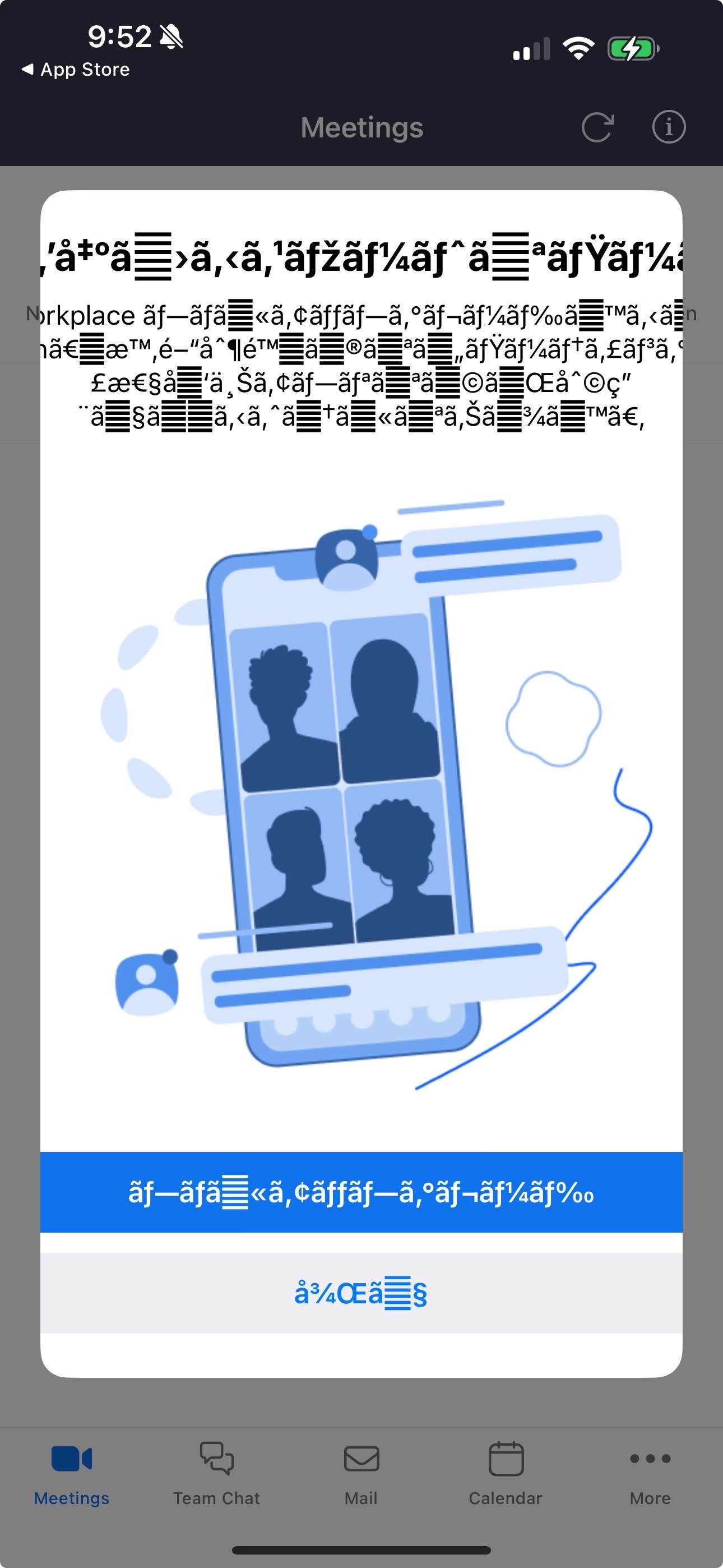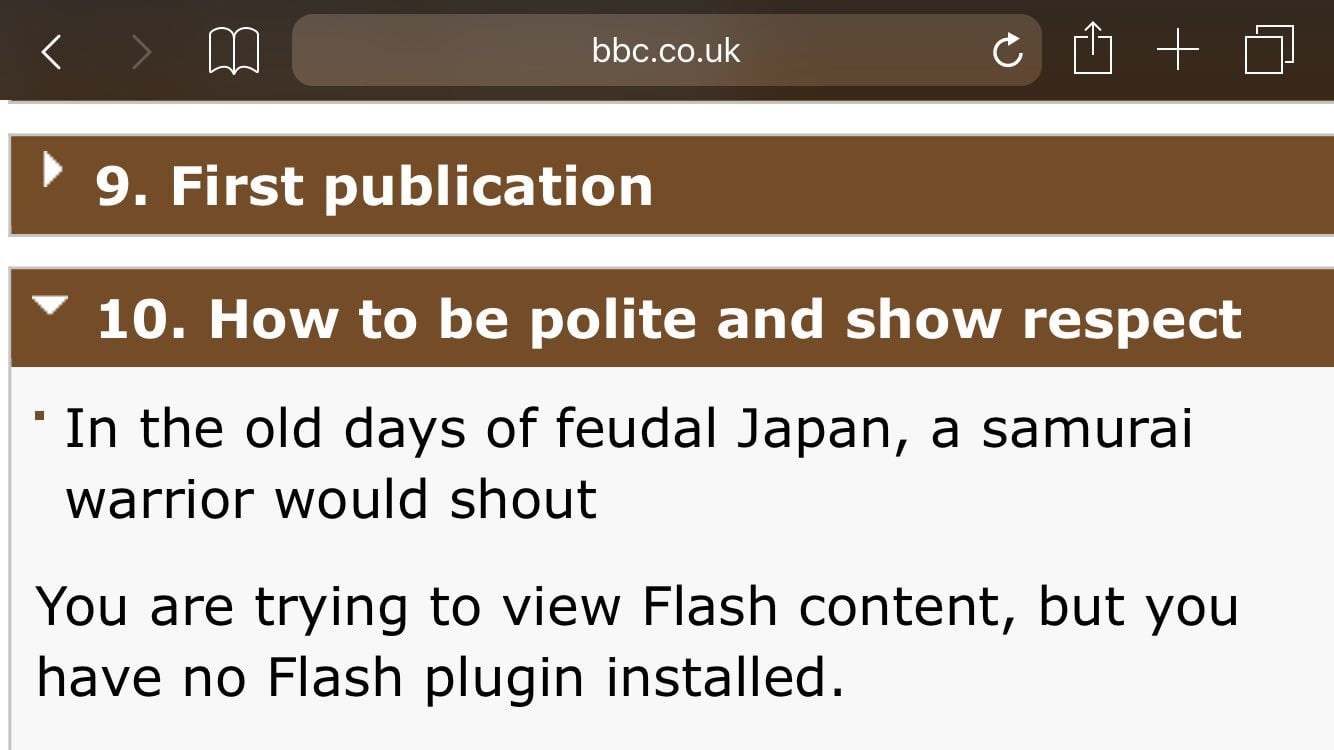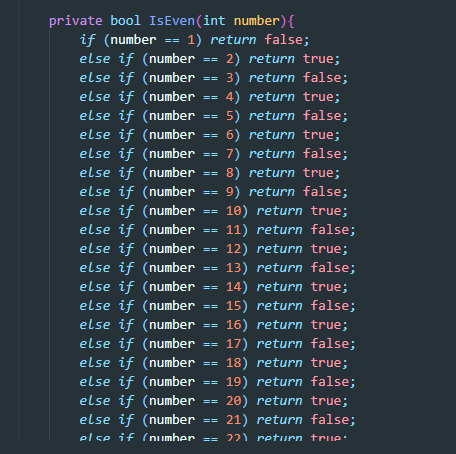I just spent an hour searching for how I could have gotten an
Uncaught TypeError: Cannot set properties of null
javascript. I checked the spelling of the element whose property I was trying to set and knew that element wasn't null because the spelling was the same in the code as in the HTML. I also knew my element was loading, so it wasn't that either.
Turns out no, the element was null. I was trying to set " NameHere" when the element's actual name was "NameHere".
Off by a single space. No wonder I thought the spelling was the same—because all the non-whitespace was identical. (No, the quotation marks slanting in the second NameHere and being totally vertical in the first NameHere wasn't a part of the error, I am typing them all vertical and either Lemmy or my instance is "correcting" them to slanted for the second NameHere. But that is also another tricky-to-spot text difference to watch out for!)
And what did not help is that everywhere I specifically typed things out, I had it correct with no extra spaces. Trying to set " NameHere" was the result of modifying a bunch of correct strings, remembering to account for a comma I put between them, but not remembering to account for the space I added after the comma. In short, I only ever got to see " NameHere" written out in the debugger (which is how I caught it after like 30 repeats of running with the debugger), because everywhere I had any strings written out in the code or the HTML it was always written "NameHere".
I figured I'd post about it here in case I can help anyone else going crazy over an error they did not expect and cannot figure out. Next time I get a similar error I will not just check spelling, I'll check everything in the name carefully, especially whitespace at the beginning and end, or things one space apart being written with two spaces instead. Anyone else have a similar story to save the rest of us some time?






I actually wrote it just once. It acquired the space like this:
I concatenate a bunch of strings together, and add a comma and space between them so I could get
stringOne, stringTwo, stringThreeetc. I later need to decompose that. I remembered I separated stuff with a comma, but forgot about the space following the comma and that is how I ended up having to deal with " NameHere" vs "NameHere" without having actually written NameHere several times in my code. Is there a better way to go about this?I have also just read my post again and it explicitly contradicts "I actually wrote it just once". Not sure if I did write it multiple times and merely forgot as I typed this comment and claimed to write it just once, or if I just pretended I wrote it multiple times when it was only once so I could simplify explaining my problem. For the purpose of my question though, let us pretend I did write it once. I promise I am aware that strings that are frequently used should be made constant, although I could use more specifics on what "frequently used" is (more than once?) and I'm wondering if you actually should not really use strings at all and always go for constants.